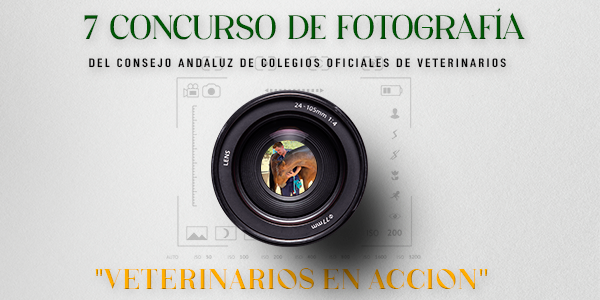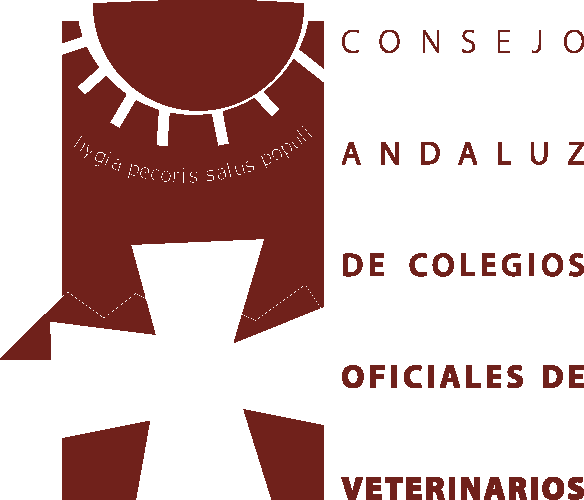Management of the feline patient with cardiomyopathies
Ideally, treatment of feline cardiomyopathy (CM) should be aimed at resolving all the underlying pathogenic mechanisms of the disease, such as diastolic and systolic dysfunction, dynamic outflow obstruction, ischaemia, arrhythmias, neuro-hormonal activation, and hyper-coagulability status. In reality, with the only exception of taurine in cats with taurine-deficient DCM, such ideal treatment is not available and no drug at present has convincingly demonstrated to improve survival and/or quality of life in cats with myocardial disease.
Whether or not an asymptomatic cat with CM should be treated is a very controversial topic.
Anecdotal reports claim improvement of physical activity in asymptomatic cats with HCM treated with diltiazem or beta-blockers.
Cats presenting clinical or radiographic signs of CHF should be treated accordingly. In cases of acute respiratory distress, stress should be minimised, and cage-rest and oxygen supplementation should be instituted promptly. Pulmonary oedema is generally controlled by intravenous administration of furosemide every 4-6 hours, until a normal respiratory rate is achieved. Dyspnoea secondary to pleural effusion can be successfully managed by thoracocentesis. Sedative medication with butorphanol may contribute to alleviate the respiratory distress.
In a recent pilot study (SEISICAT) spironolactone has shown to reduce the risk of an event occurrence in the treatment group, while showing minimal side effects. Unfortunately, the SEISICAT study was affected by a significant difference between treatment group and placebo group at entry. Therefore, more studies are necessary to confirm the beneficial effects in the treatment of cats with congestive heart failure due to CM.



